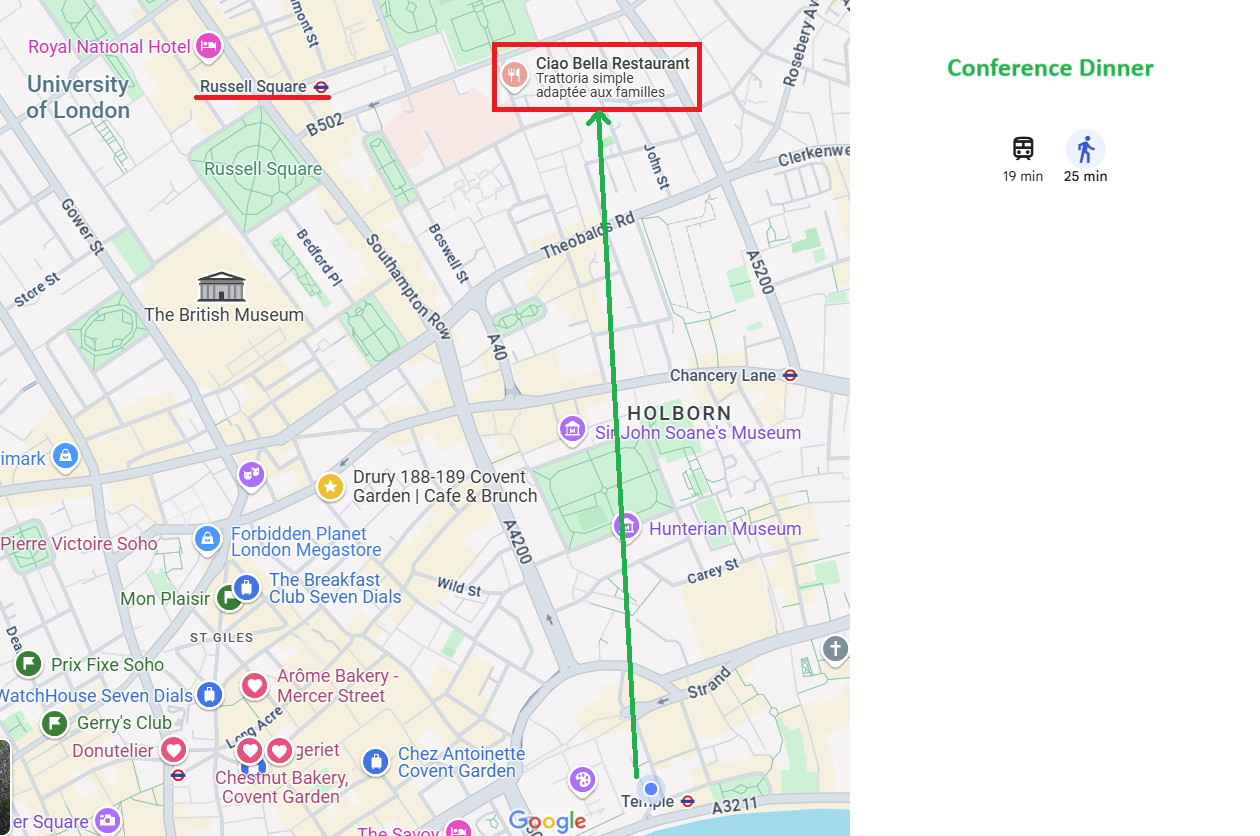Gravitational Probes of the Early Universe
TBC
Strand Campus King's College London
Early Universe cosmology is a growing field of research in which gravity plays a crucial role, from the primordial evolution of cosmic perturbations to the way it shaped our observable universe today. One of the biggest challenges of early universe theories is to identify clear observables that can be used to test such theories. Gravitational relics, such as primordial black holes or gravitational waves, are examples of such probes and will be at the centre of this workshop.
This event is organised by King's College London and funded by the Global Engagement Fund, aiming to create new collaborations between King's College London and international institutions.
Registration includes lunch, a reception, and a conference dinner. Note that the workshop will start in the late morning on Wednesday and end at the beginning of the afternoon on Friday to allow time for participants to travel to and back from the workshop.
Location(s):
- Wednesday/Thursday: Macadam Building (Map Link Here), room MB 4.2
- Friday: King's Building (Map Link Here), room K3.11
Conference Dinner: 19:30 at the Ciao Bella restaurant (https://ciaobellarestaurant.co.uk/), which is located here: https://maps.app.goo.gl/jwSjBJ3UroPxTnmw8

Confirmed Speakers:
